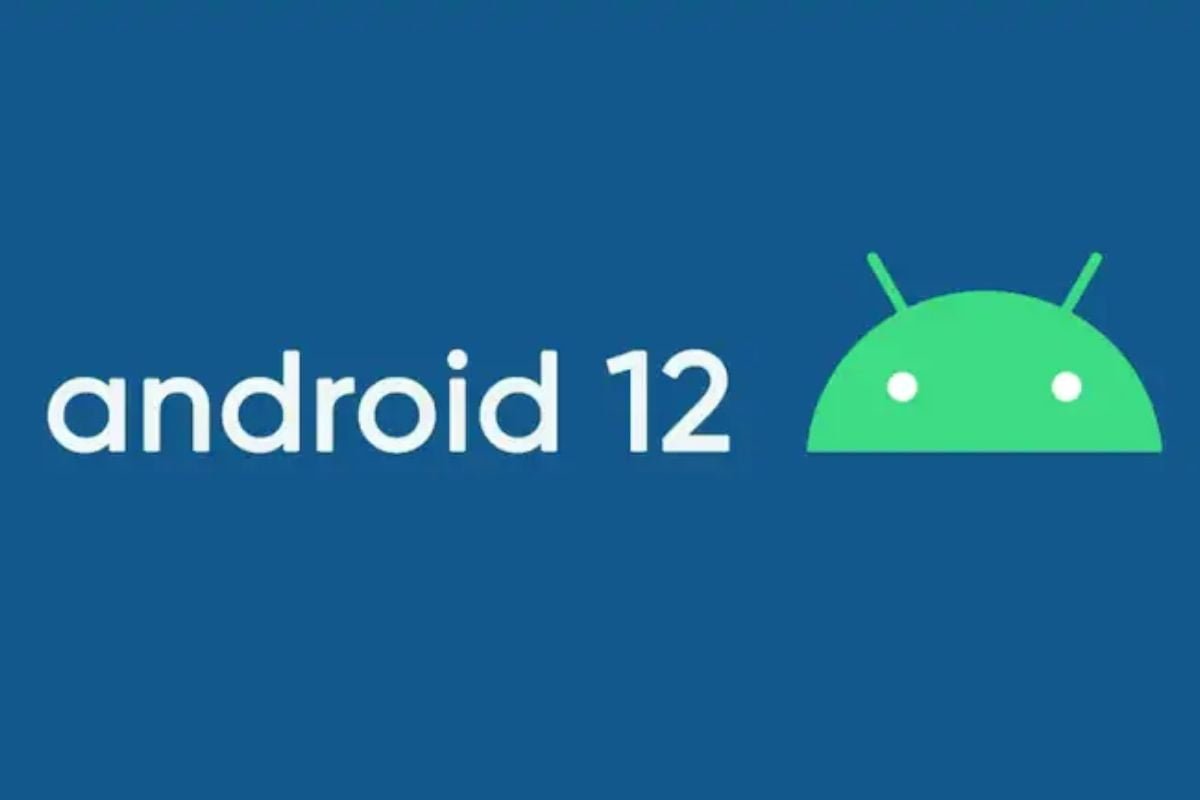In a recent development, Google has announced the introduction of Android 12 (Go Edition) which will be a toned-down version of Android 12. Android 12 (Go Edition) will act as a successor to Android 11 (Go Edition) and is designed to be used in low-cost smartphones which come with moderate hardware. According to its maker Google, the latest version of the Go Edition will be effectively faster, smarter and privacy-friendly.
Details on the Software
The Go Edition versions of the Android are the toned-down from the original Android which results in loss features such as poor animation rendering. But with the launch of Android 12 Go Edition, Google is looking to come up with solutions. According to the company, Android 12 Go Edition will be able to launch apps in smartphones 30% faster than the earlier versions of Go Edition. This would result in less black screen time while going back on the smartphone or the apps will open much faster in place of UI getting frozen. In the latest Android 12 (Go Edition), Google is using SplashScreen API which will help in the display smoother animations. Instead of seeing nothing on-screen during app loads users will see an animation that helps in enhancing the user experience. Moreover, in order to save the handset’s battery life and save space on the smartphone, the Android 12 (Go Edition) will be able to make the applications sleep which hasn’t been used in a while. The notification of software trying to turn the apps into sleep will also be provided on the handset. Additionally, other features which are currently available in regular versions of Android will also be featured in Android 122 (Go Edition). An example of one such feature is Nearby Share which will now be allowed on toned-down versions of Android as well. Users will also be able to translate texts on their screen and the feature will be able on the “Recent” menu. Currently, neither the regular version nor Go Editions support this feature from Google. The latest Android 12 (Go Edition) will also bring enhanced privacy policies. Users will now have a privacy dashboard that can be used for accessing sensitive data, such as the location, sound from the microphone, and content from the camera, among others. The latest software from Google will arrive in 2022 but no specific date or time period is known.
